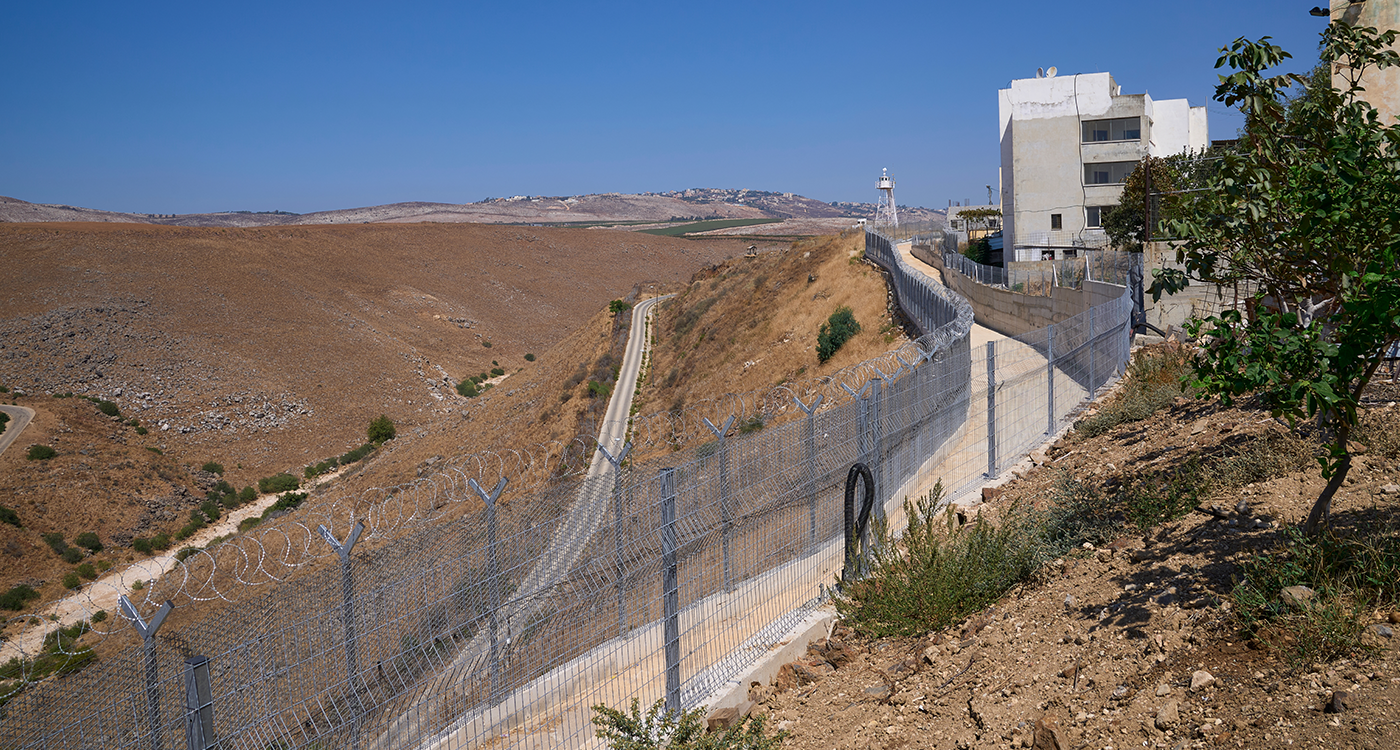
Israel does not seek to negotiate with Lebanon solely over Hezbollah’s disarmament; its broader goal is a peace and normalization agreement between the two countries. At present, Israel shows little interest in Lebanese proposals, much like during the maritime border talks, where shuttle diplomacy by Amos Hochstein between Beirut and Tel Aviv ultimately produced an agreement.
This time, the United States is pushing for direct Lebanese-Israeli negotiations under the auspices of Lebanese President Joseph Aoun and Israeli Prime Minister Benjamin Netanyahu. Each delegation would include military, technical, diplomatic and political officials. According to sources, US envoy Thomas Barrack has urged Lebanese authorities to directly engage Israel and intensify communications to reach a solution that ensures the end of occupation, resolves border disputes, halts attacks and assassinations, secures the release of prisoners and advances a new political agreement between Lebanon and Israel – beyond the existing ceasefire – preceded, crucially, by Hezbollah’s disarmament.
Sources following the negotiations indicate that Israel is in no hurry to engage in talks that do not directly advance its strategic goal of peace. It has established a highly advantageous situation along the Lebanese border, with complete freedom of movement on land and in the air, striking at will whenever it perceives a threat. Israel has also effectively created a buffer zone along the border, preventing any reconstruction or movement, with no response from Hezbollah or the Lebanese state. This control has enabled roughly 90% of residents in the northern settlements to return to their homes.
From Israel’s perspective, the Lebanese state remains powerless against Hezbollah, which openly refuses to disarm and continues to control decisions over war and peace. Consequently, any negotiations with the Lebanese government may have little effect on Hezbollah, which would retain its freedom of action and initiative, undermining the state authority and diminishing its regional and international influence.




Comments